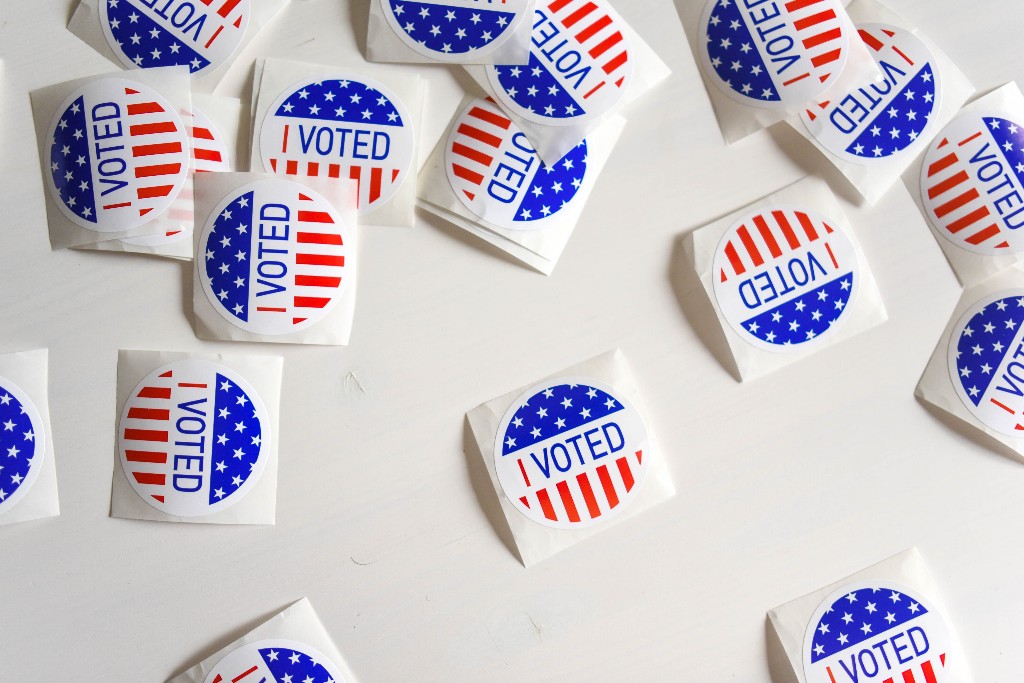Incarcerated people in Washington, D.C. would be able to cast votes while serving their time, if a proposed bill passes, according to a report by the Washington Post.
A group of D.C. lawmakers led by Council member Robert C. White Jr. (D-At Large) have introduced legislation to reverse a 1955 law that deprives D.C. residents of voting rights after felony convictions.
According to White, individuals in prisons should not lose their vote to right, since they do not lose citizenship due to their status.
“The Constitution makes no statement directly or indirectly that the right to vote is somehow contingent on behavior. It is a very slippery slope when we start to decide who does and does not have the fundamental rights of democracy based on what we see as the level of crime they commit, nor do I believe that any of these extreme examples of who should not vote would tip an election,” White said.
Supporters of giving prisoners the right to vote rallied on the steps of the Wilson Building. Bill Sponsor Robert White said all members of the DC Council have signed on as co-sponsors. Supporters say it’s a way to keep the incarcerated engaged. pic.twitter.com/s6CXsLyxsx
— Sam Ford (@SamFord7News) June 4, 2019
If passed, the new bill would put D.C. next to Maine and Vermont, which are the only states permitting inmates to vote.
In the District of Columbia and 14 states, citizens lose their voting rights during incarceration, however, their suffrage is automatically restored upon release.
Although the discussion centering around U.S. prisoners’ voting rights has been out there for a long while, it seems hard to say much progress has been made. Massachusetts removed the right in 2001, while Iowa upheld the ban in 2016.
“Telling prisoners they cannot vote is premised on the idea that convicts undergo a sort of temporary ‘civic death’—a suspension of normal rights as citizens while they are behind bars,” Corey Brettschneider, professor of Political Science at Brown University, wrote in a Politico article three years ago.
However, he said, it was not the case in the U.S. anymore, adding that the the Supreme Court and Congress have given a number of constitutional rights to prisoners such as religious freedom and free speech.
“Most important,” Brettschneider said, “the Supreme Court decided that prisoners cannot have their citizenship stripped as a punishment for a crime. As Justice Earl Warren wrote in the 1958 case Trop v. Dulles: ‘Citizenship is not a right that expires upon misbehavior.’”
According to Brettschneider, Warren’s ruling implies the inclusion of “the most basic of their civil rights, the right to cast a ballot.”
Last April, Presidential contender Sen. Bernie Sanders also announced his support for suffrage in prison during a CNN town hall in New Hampshire.
“If somebody commits a serious crime, sexual assault, murder, they’re going to be punished,” Sanders said. “They may be in jail for 10 years, 20 years, 50 years, their whole lives. That’s what happens when you commit a serious crime. But I think the right to vote is inherent to our democracy. Yes, even for terrible people.”
Sanders emphasized that any restriction on voting rights would undermine democracy.

